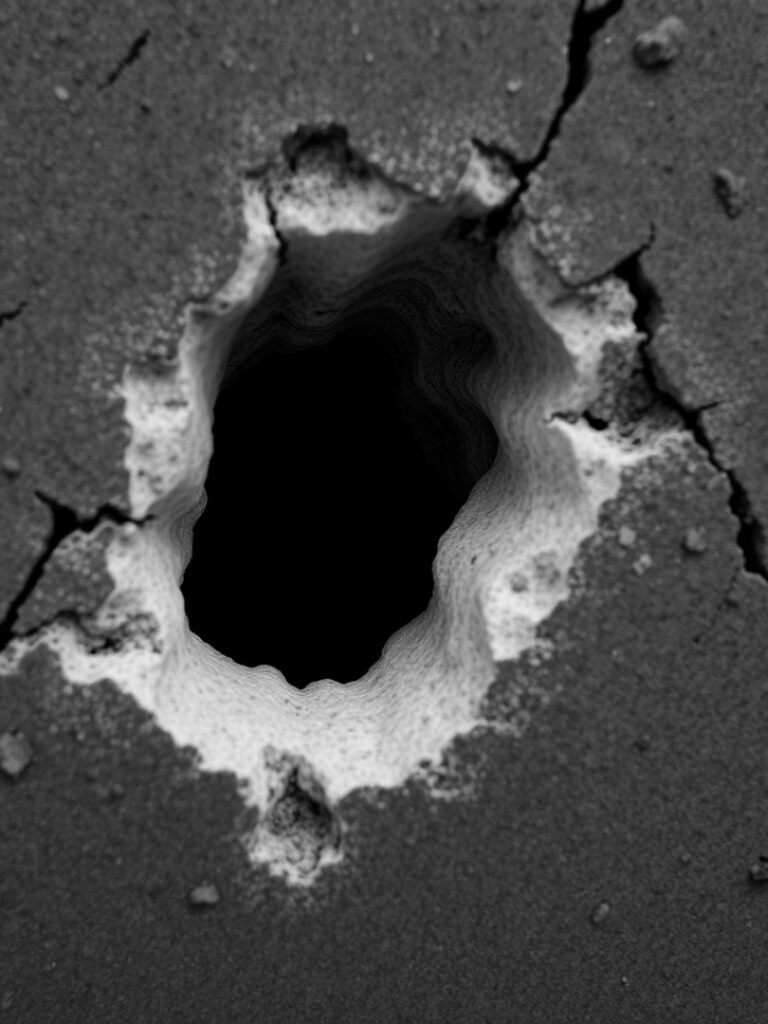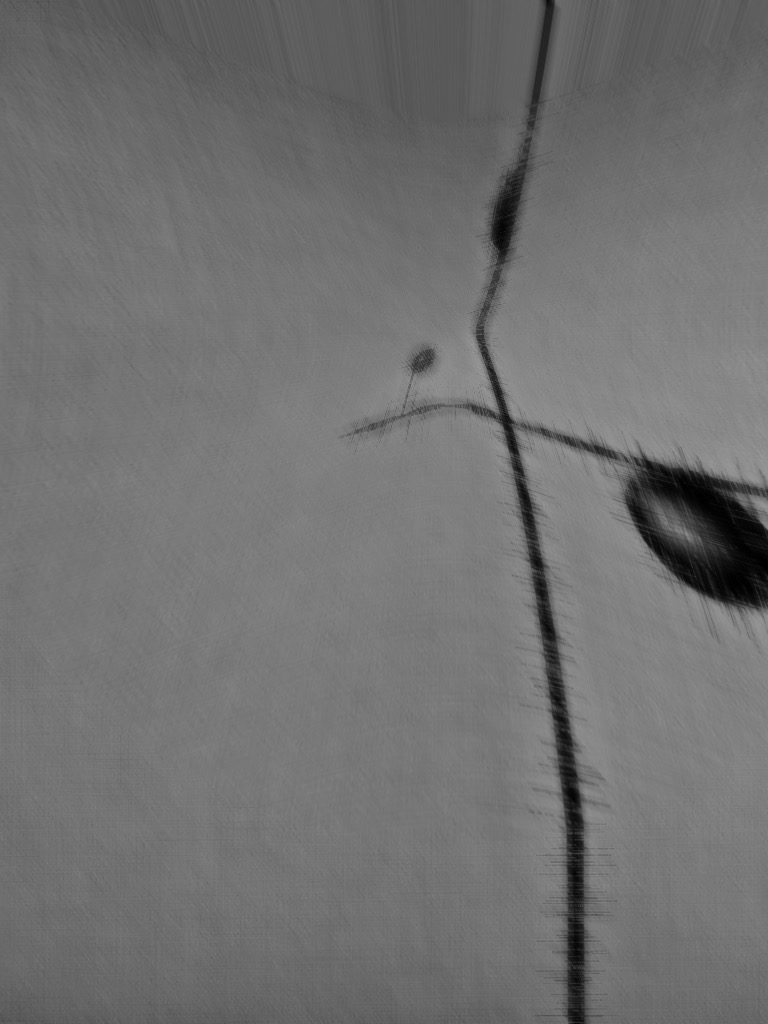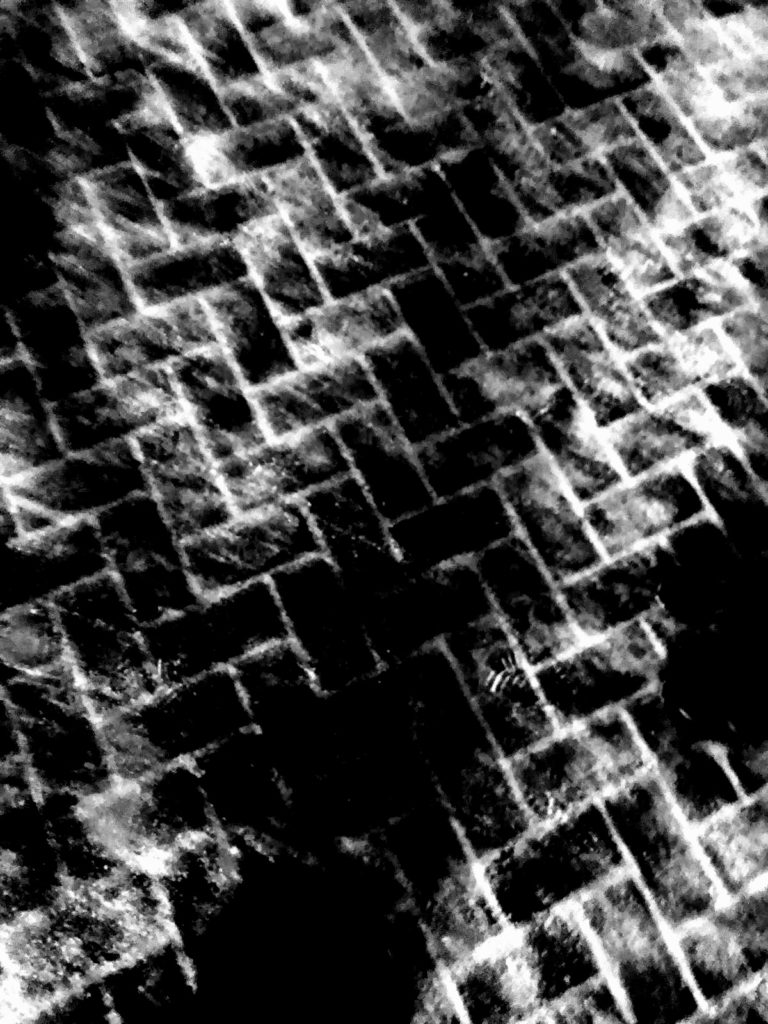In Being and Nothingness, Sartre says that “man is a useless passion”: An acknowledgment of the human condition...


In Being and Nothingness, Sartre says that “man is a useless passion”: An acknowledgment of the human condition...

In Sartre’s existentialism, “transcendence-transcended” is a mode of being. The human being is a transcendence, an entity that...

It is often assumed that existentialism and “poststructuralism” think differently toward the subject and its place in thought...

Sartre, in his later work, attempts to bring his version of existentialism together with Marxism. This attempt is...

Firstly, the realization that there is consciousness. Secondly, discovering what is not consciousness, which is the world. Finally,...

Investigating and questioning the possibilities and limits of bad faith lie at the heart of the existential thinking-philosophizing...

Sartre’s atheism is radical; it is philosophical and personal, ontological and subjective, phenomenological and poetic; it is the...

The existentialism of Sartre arises from the conviction that there is no human nature. “Existence precedes essence” conveys...

In the ethical-existential thinking-philosophizing of Sartre, authenticity is offered not as a mere value, but rather as a...

The assumption that there exists a God, a conscious God that preceded and created the universe is something...

In Existentialism Is a Humanism, Sartre introduces the detours of his existentialism by bringing existentialism and humanism together...

Bad faith lies at the heart of the existentialism of Sartre. It appears early in Being and Nothingness...

“Existence precedes essence” was first mentioned in a public lecture that was later published as Existentialism Is a...

For Sartre, the contingency of being means existing without ever finding the reason for this existence and hence...

For Sartre, there are two modes of being: “Being in-itself” and “Being for-itself”. “Being for-itself” is the mode...

Transcendence occurs because the “for-itself”, that is, consciousness, is a nothingness. Consciousness, for Sartre, is what it is...

The body is not a tool that the individual might use, but rather the center and origin of...

Sartre defines consciousness as nothingness and nothingness as freedom. It is in this togetherness of consciousness and freedom...

In Being and Nothingness, Sartre refuses any dualistic thinking of the world, and introduces what he calls “being...